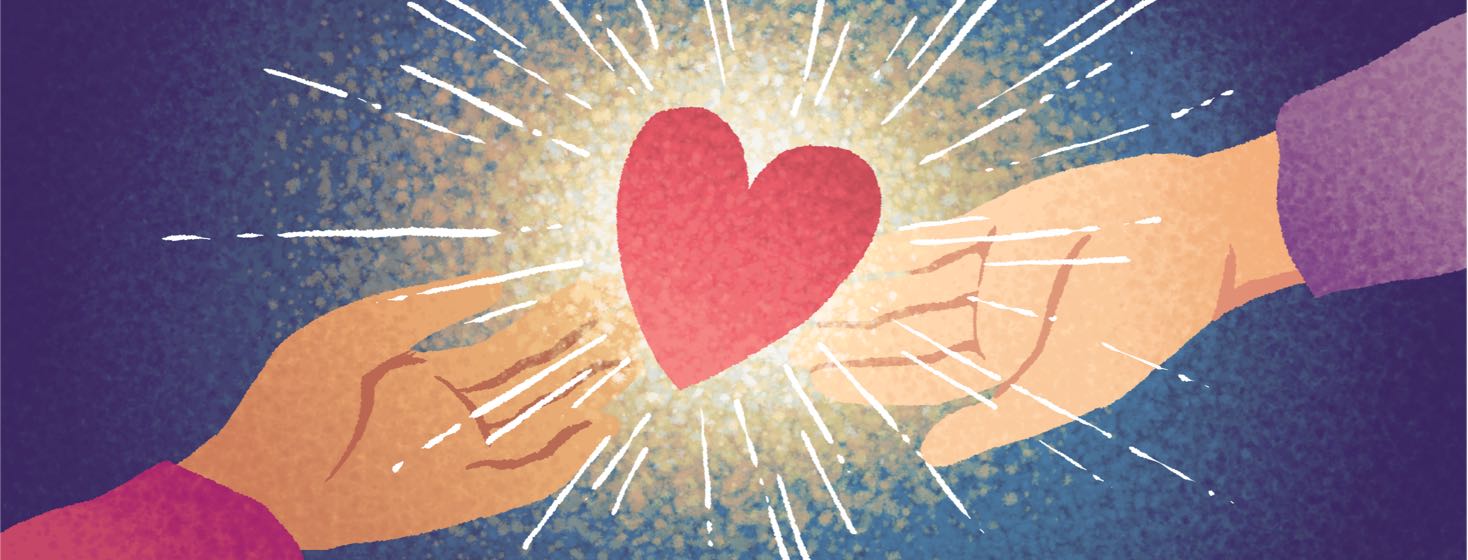Caring for the Caregiver
I’ve been a caregiver for many years, starting with my husband 14 years ago when he was diagnosed with prostate cancer. Then several years later he was treated for bladder cancer. More recently, I’ve cared for my daughter who is battling breast cancer, and I've faced my own cancer diagnosis.
I experienced and learned many things throughout these years. I hope that sharing some of this will be helpful to other caregivers (and perhaps patients as well).
Self care is critical
So much is written about the importance of self care. If you’re not well, whether it be emotionally, physically or spiritually, how can you help others? And, how can you help yourself? It’s really hard to find the time for self care in the midst of caring for someone else; it might be the last thing we think of.
But if we’re to be of any good to others, to remain healthy, I think it’s a must. It might be found in short spurts of just minutes, at unusual hours, may require some advance planning, or looking to others for support, but self care and time for oneself are critical.
Talking to others
Sometimes it helps to talk to people and voice your concerns. But it can sometimes be a mistake to share with everyone in your social circle, or even with some in your family. People have suggestions of how they can “fix” things or opinions on what you’re doing wrong, what they think they could manage better. Too many suggestions, too much input, too much criticism can be overwhelming.
For me, I found one confidant. I could tell her anything and knew it wouldn’t be repeated to anyone. I knew she wouldn’t be judgmental. I knew I could call her any time day or night. She had my best interests at heart. She knew me and what I needed and when I needed it.
Don't underestimate sleep
When someone you love is going through the challenges of cancer, sleep can become almost non-existent. I’ve always had problems sleeping (probably because of raising three kids), but that problem was magnified when cancer became part of our lives.
I remember when I was caring for my newborns, people would say sleep when the babies sleep. At first, I was reluctant because there were things that needed to be done in those quiet moments. But I learned that if I didn’t get enough rest, whether it was at night or short catnaps during the day, I wasn’t good at anything. And that’s true when caring for anyone.
Nutrition and exercise may help, too
Good nutrition can be a big part of healing for a cancer patient. Eating right may help build up strength, endurance, and promote wellness. The same is true for the caregiver. If part of your role as caregiver is to make sure your patient is eating properly, include yourself in your menu planning. Patient care and caregiver care can mean the same thing in terms of healthy eating.
Like sleep, good nutrition, and self care, I think exercise should be non-negotiable. When my husband was first diagnosed, I walked over 50 miles a week. Most of that was at home on the treadmill, as I didn’t want to leave him home alone, but it was still getting exercise, getting my body (and mind) to a better place for a little while.
We learn as we go
Merriam-Webster defines perseverance as a continued effort to do or achieve something despite difficulties, failure, or opposition. As a caregiver I found the difficulties to be many: emotionally, physically, and doing things I never thought I would have to do. So much is new; often there’s little direction. We learn as we go.
We’re bound to experience failure. Learn from it. Move on. Opposition happens. I’ve learned my patient is not always patient! Some of what I need to do may not always be well-received. That’s where perseverance really comes in: continued effort despite the obstacles.
Being a patient is not easy. Being a caregiver is not easy. Both are roles which neither the patient nor caregiver ever expected, or wanted, to find themselves in. But as in life, we learn as we go. We march on. We do what we need to do with the tools we have. We persevere.

Join the conversation